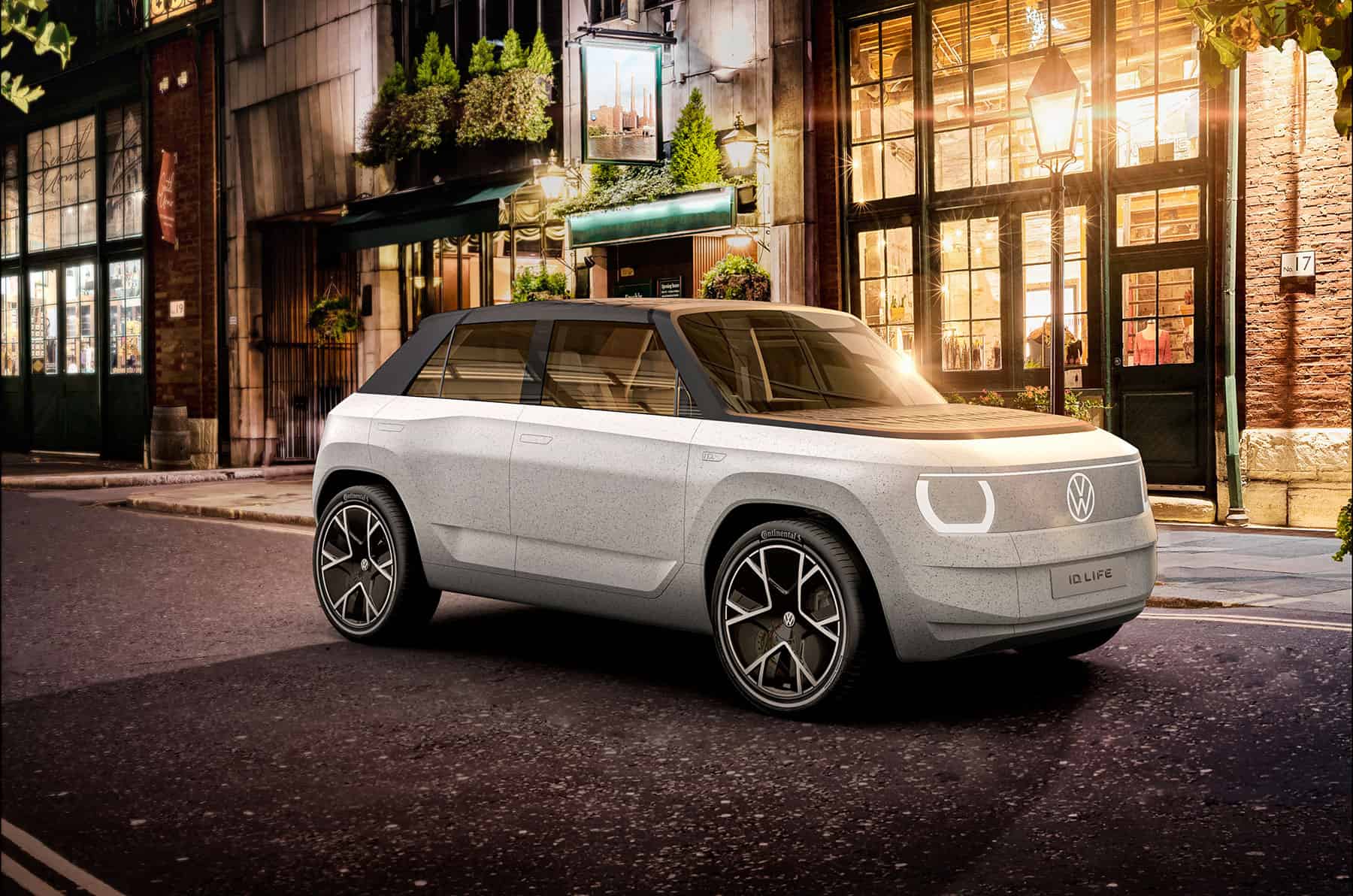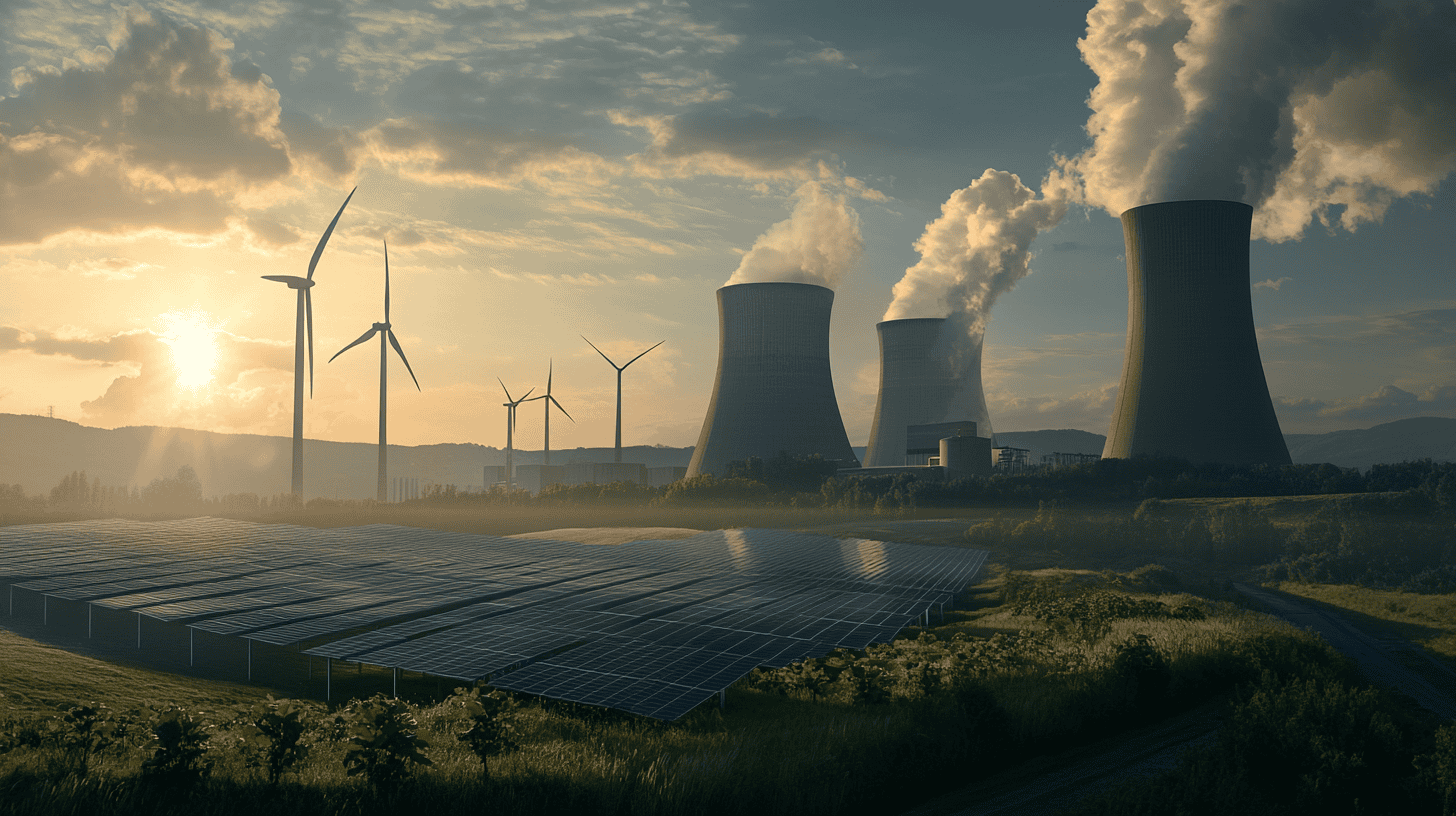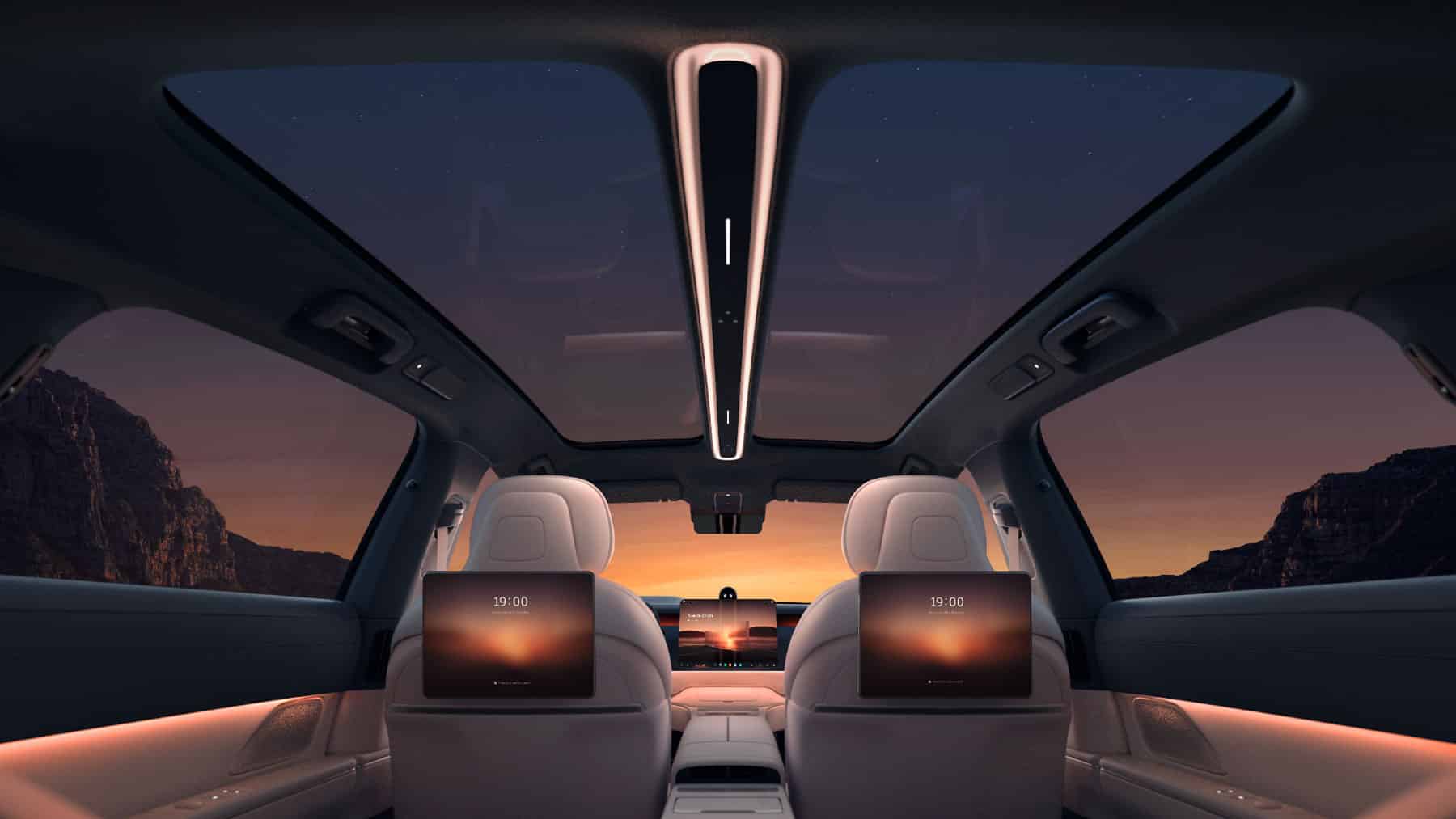
Not only in Germany, hydrogen leads kind of a wallflower existence as an alternative to gasoline and diesel Alongside the increasing number of battery-powered electric cars. While the development of batteries is in full swing worldwide, the development of fuel cells seems to be stagnating. Toyota has the Mirai, Hyundai the ix35 and the Nexo, Renault the KANGOO ZE H2, and Honda the Clarity Fuel Cell. The Mercedes-Benz GLC F-CELL combines fuel cell and battery technology into a true electric hybrid.
In addition to relatively high purchase and operating costs, the lack of infrastructure is certainly one reason why cars with fuel cells are still rare. While the charging stations for batteries seem to spring up like mushrooms, hydrogen stations are few and far between. Currently, there are more than 15,000 charging stations for batteries nationwide, as opposed to 71 fuel pumps for hydrogen. In the greater Munich area, there are just three. By the end of 2019, this number should rise to a total of 100.

Fuel cell technology from Germany
Since last Friday, Aachen has its first hydrogen filling station, and even the local development service provider FEV was present at the official inauguration. The subsidiary of one of the world’s largest independent development service providers in the development of combustion engines and vehicle technology has been working on new concepts in the field of fuel cell technology for more than 20 years.
The company examines and optimizes fuel cell systems with outputs of up to 200 kW on special dynos worldwide. Environmental tests are also carried out at system and vehicle level. “In numerous development projects for the design of fuel cell systems, vehicle benchmarks, and cost analyses, FEV is working on making this drive technology usable for a broad spectrum of target applications,” they say. As early as 2015, FEV demonstrated with the BREEZE! project that fuel cells can even be used in small cars such as the Fiat 500.

Fuel cell drive offers many advantages
“Even though battery-electric vehicles are currently regarded by the public as the alternative to the classic combustion engine, fuel cell propulsion offers many advantages,” says Professor Stefan Pischinger, President & CEO of FEV Group GmbH. “On the one hand, such a vehicle emits no pollutants and keeps the air in the cities clean; on the other hand, filling up with hydrogen only takes a few minutes for ranges of up to 700 kilometers.”
This would make hydrogen an interesting option, especially for freight transport by commercial vehicles and in rail transport, as the vehicles could cover long distances. In terms of handling, acceleration, and acoustics, there is no difference to electric vehicles powered by batteries.
More about hydrogen drive HERE








